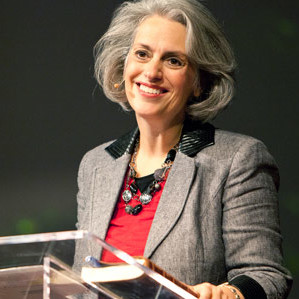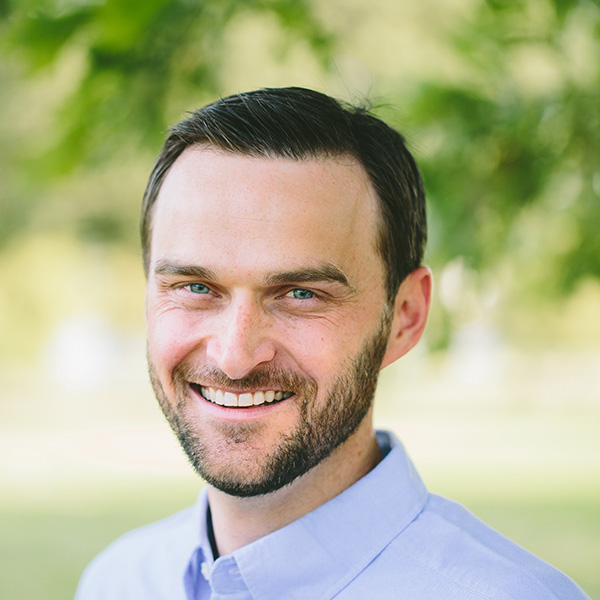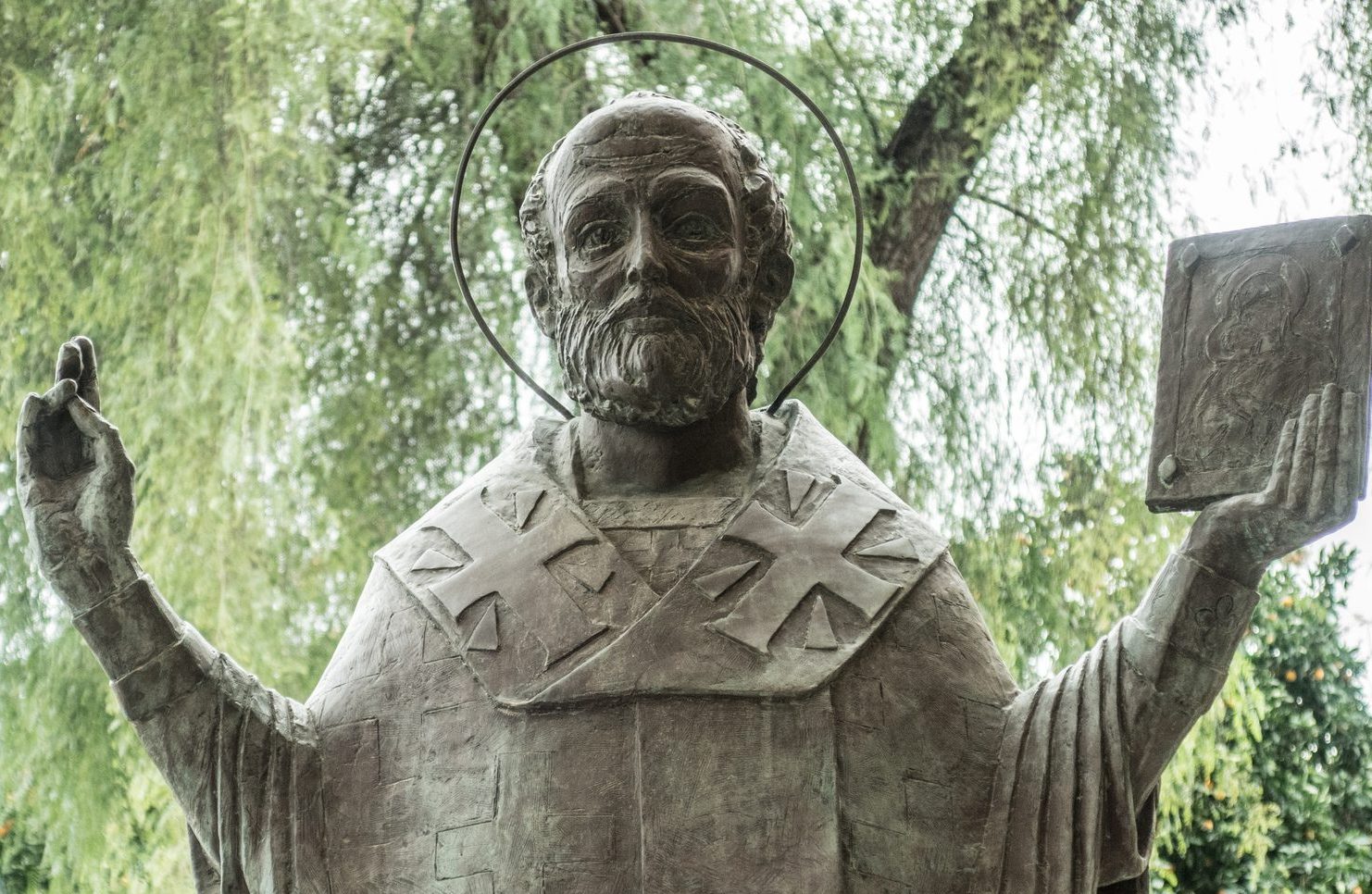What comes to mind when you think of Saint Nick? Do you picture a jolly Santa Claus or a faithful man of antiquity? Dr. Adam English shares how his research has revealed to many who the real Saint Nicholas was. The Santa Claus we know today is a modern take on the man who was known for his generosity. In the fourth century, Nicholas was said to have given anonymously to help others in dire situations. He was even recorded as intervening in a wrongful execution. While some Christians can view the modern conception of Saint Nick as someone who competes with the story of Jesus’ birth, that doesn’t have to be the case, Adam says.
“I was always conflicted by Christmas in some ways, and how, on the one hand, it’s this high and holy and solemn day, and then on the other hand, it’s a day of family celebrations and gift giving and carol singing – and even this commercial event of movies and yard ornaments and shopping. I think a lot of Christians feel conflicted. We’ve had these cultural wars – is it ‘Happy Holidays’ or ‘Merry Christmas’?”
Yet, the idea of joyfully giving gifts is central to Christianity and the Gospel itself, since Christ was God’s gift to mankind. And Jesus said, “It is more blessed to give than to receive” (Acts 20:35). With that example, believers can look to Saint Nicholas as an standard of the lives we should live, Adam says.
“I encourage Christians to think of saints as family members who’ve done incredible things – wouldn’t we want to know about that? We’re not alone. We’re surrounded by a cloud of witnesses. It’s been a huge blessing in my own life to learn about saints of old. Saint Nicholas is an inspiration – we don’t have to close the door on this person. In fact, we need to recover the original Saint Nick.”
How will you bless others’ lives through a generous heart this holiday season?
Dr. Adam English is chair of the Department of Christian Studies and professor of Christian Theology and Philosophy at Campbell University. His books include, “The Saint Who Would Be Santa Claus: The True Life and Trials of Nicholas and Myra,” and “Christmas: Theological Anticipations.”








